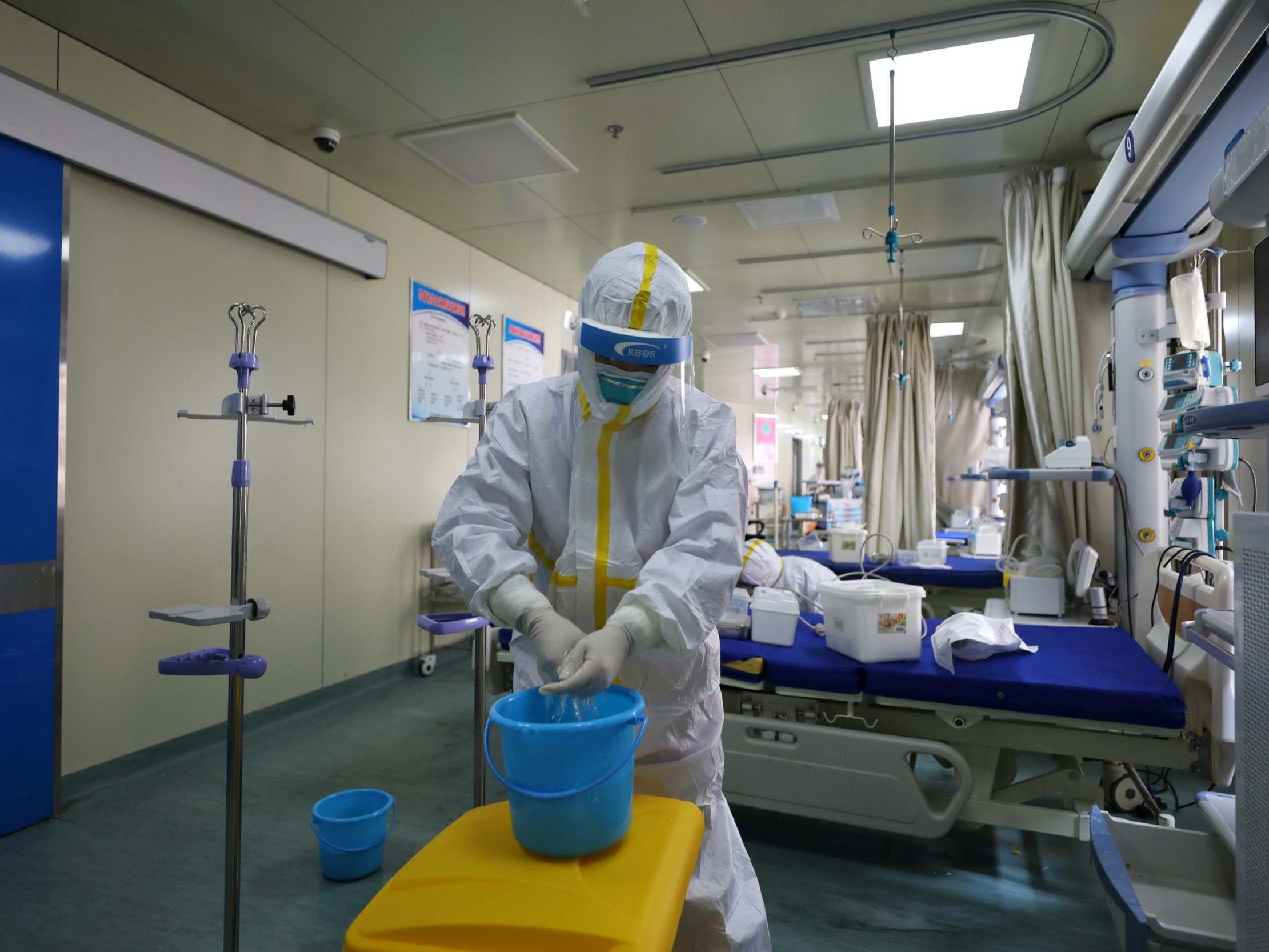Coronavirus: Fake list of dangerous tips from ‘Stanford’ shared across the internet
False tips include suggestions that drinking water and swallowing virus could help avoid infection

Your support helps us to tell the story
From reproductive rights to climate change to Big Tech, The Independent is on the ground when the story is developing. Whether it's investigating the financials of Elon Musk's pro-Trump PAC or producing our latest documentary, 'The A Word', which shines a light on the American women fighting for reproductive rights, we know how important it is to parse out the facts from the messaging.
At such a critical moment in US history, we need reporters on the ground. Your donation allows us to keep sending journalists to speak to both sides of the story.
The Independent is trusted by Americans across the entire political spectrum. And unlike many other quality news outlets, we choose not to lock Americans out of our reporting and analysis with paywalls. We believe quality journalism should be available to everyone, paid for by those who can afford it.
Your support makes all the difference.A list of coronavirus tips claiming to be from Stanford is being shared widely online, despite the fact that suggestions could put people at risk.
It includes a host of tips that suggest people can avoid catching Covid-19 with useless behaviour, and suggests ways of checking whether they already have it that would not work.
Nonetheless, it has been shared perhaps hundreds of thousands of times, sweeping across the internet as people look for ways to protect themselves from the disease.
The list begins with a message indicating that it has come from a member of the Stanford Hospital board. That part of the message seems to be entirely false.
“A widely distributed email about COVID-19 that is attributed to a ‘Stanford Hospital board member’ contains inaccurate information," a Stanford Health spokesperson told The Verge. "It did not come from Stanford Medicine.”
It then goes on to propose a list of ways of avoiding the disease. It suggests that swallowing it is safe, that it will die if the weather is warm, and that regularly drinking water will protect people from catching the virus.
None of those are true. Experts dubbed parts of the advice "totally bogus", and while some parts of the list are based on science – such as the fact that sunlight can work as a disinfectant – it is entirely useless as practical advice.
The list also indicates that people can tell whether they have Covid-19 by holding their breath for 10 seconds. If they are able to, then their lungs cannot be damaged, and it "basically indicates no infection", the message reads.
It is impossible to know how many people have seen the fake tips, since they are being copied and shared in private conversations. But individual tweets including them have been shared tens of thousands of times.
Official bodies have circulated a host of official and reliable advice, which includes regular handwashing and covering up when coughing or sneezing.
Join our commenting forum
Join thought-provoking conversations, follow other Independent readers and see their replies
Comments